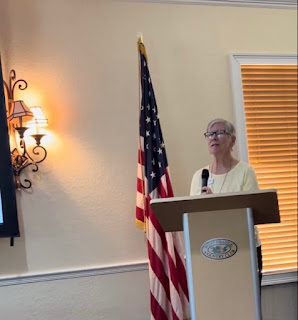Matters of Life and Death
Our friend is in hospice, the President was in the hospital with Covid-19, and my squash plants have been eaten by worms. I’m starting to be discouraged.
Probably the right decision, and one I hope I would have the courage to make, but still, to choose to forgo any more treatment for cancer is heartbreaking. Fortunately he is at home with his wife. Their children have visited. His pain is managed. Now the waiting begins. Were our friends still in Fort Lauderdale, I would drive down to say goodbye, virus be damned.
Which is what, after spending a couple of nights at Walter Reed Medical Center and still contagious, our President likely said. Back at the White House, he told us not to fear coronavirus. Of course the rest of us aren’t flown to and from a prestigious military hospital via helicopter and don’t have access to experimental drugs. He does seem to have a mild case, thank goodness, not like those 200,000+ who died, and the many, many others who have lingering damage to their heart or lungs.
Through all this, I continue to care for my garden, picking okra, eggplants, and Southern peas. I’ve just planted three kinds of tomatoes, four kinds of peppers, leaf lettuce, and red cabbage. And picked worms off the zucchini, yellow squash, and pumpkins. No more fruit are setting, so I guess the insects that lay eggs for worms is not the insects that pollinate the plants. It’s too late to plant more. Today I will pull them up to make room for more cabbage, maybe even carrots.
Somewhere in the back of my mind I always know I have very little control of my life. This week, that thought was dragged to the foreground: I can’t hug my dying friend; I can’t get my leader to have empathy; not can I keep my family fed on my own, even if we just ate veggies.
In Mary Oliver’s poem Wild Geese, she writes:
“Tell me about despair, yours, and I will tell you mine.”
This month, my UU congregation is focusing on deep listening. We are leaning how to sit and listen to ourselves and others, even when we are really uncomfortable with what we hear. The flip side of deep listening is honest speech. I come from the tradition of soldiering on, not sharing worries, not complaining. The answer to, “How are you?” is “I’m fine.” Even when we were not.


Comments
Post a Comment